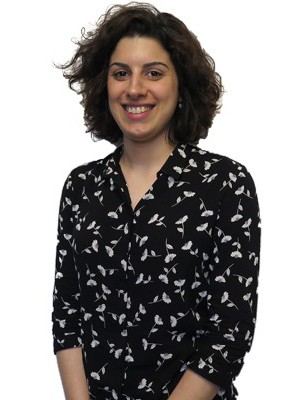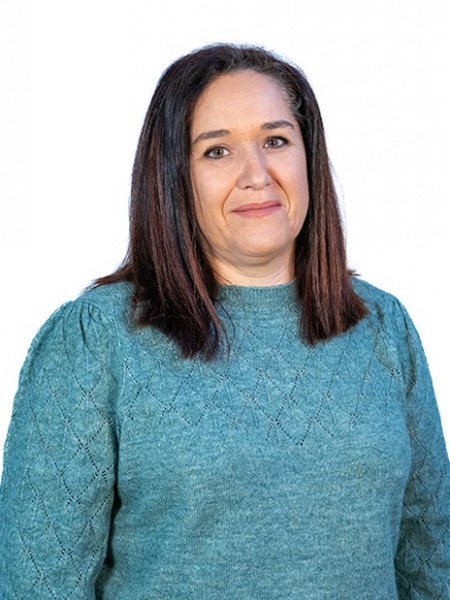resumo
Proteins are one the most widely studied biomolecules with diverse functions and applications. Aiming at overcoming the current drawbacks of purification processes of proteins, the introduction of ionic liquids (ILs) has been a hot topic of research. ILs have been applied in the creation of aqueous biphasic systems (IL-based ABS), solid-phase extractions through poly(ionic liquid)s (PILs) and supported ionic-liquid phases (SILPs), and in the crystallization of proteins. In this sense, ILs have emerged as solvents, electrolytes or adjuvants, or as supported materials to tune the adsorption/affinity capacity aiming at developing an efficient, cost-effective, sustainable and green IL-based process for protein extraction. This review discusses different IL-based processes in the extraction and purification of proteins in the past years, namely IL-based aqueous biphasic systems (IL-based ABS), solid-phase extractions through PILs and SILPs, and protein crystallization. The type and structure of ILs applied and their influence in the different processes performance are also discussed.
palavras-chave
AQUEOUS 2-PHASE SYSTEMS; BOVINE SERUM-ALBUMIN; BIPHASIC SYSTEMS; ENHANCED EXTRACTION; SELECTIVE ISOLATION; IMMUNOGLOBULIN-G; CRYSTALLIZATION; SEPARATION; LYSOZYME; STABILITY
categoria
Chemistry
autores
Nunes, JCF; Almeida, MR; Faria, JL; Silva, CG; Neves, MC; Freire, MG; Tavares, APM
nossos autores
Projectos
CICECO - Aveiro Institute of Materials (UIDB/50011/2020)
CICECO - Aveiro Institute of Materials (UIDP/50011/2020)
Collaboratory for Emerging Technologies, CoLab (EMERGING TECHNOLOGIES)
Projeto de Investigação Exploratória: Ana Paula Tavares (IF Ana Paula Tavares)
agradecimentos
This work was developed within the scope of the project CICECO-Aveiro Institute of Materials, UIDB/50011/2020 & UIDP/50011/2020, financed by national funds through the Portuguese Foundation for Science and Technology/MCTES. This work was financially supported by Associate Laboratory LSRE-LCM- UID/EQU/50020/2020 - financed by national funds through FCT/MCTES (PIDDAC) and POCI-01-0145-FEDER-031268 - funded by FEDER, through COMPETE2020 - Programa Operacional Competitividade e InternacionalizacAo (POCI), and by national funds (OE), through FCT/MCTES. JoAo C. F. Nunes acknowledges SPQ and FCT for the PhD fellowship (SFRH/BD/150671/2020). Ana P. M. Tavares acknowledges the FCT Investigator Programme and Exploratory Project (IF/01634/2015) with financing from the European Social Fund and the Human Potential Operational Programme, and Marcia C. Neves acknowledges the research contract CEECIND/00383/2017.





